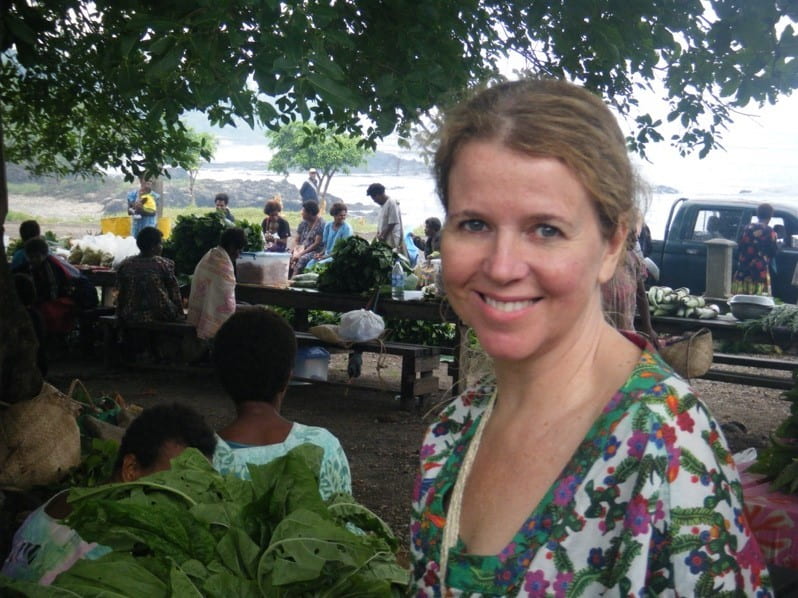We recently spoke with #UNELaw’s Adjunct Professor, Dr Kirsten Davies, about her involvement with UNE, her co-authorship of a vital climate protection article, and her expertise in sustainable management and international environmental law. Dr Davies became associated with UNE through her affiliation with our AgLaw Centre, working with #UNELaw’s Professor Paul Martin and Dr Andrew Lawson.
Climate change has become a top priority issue and discussion in recent years––an example is this year’s federal election. But climate change isn’t a new concept. Dr Davies notes that ‘while it is wonderful to witness the mainstreaming of climate change’, she is concerned that the core problem is still being missed in climate discourse. She says, “Climatologists and environmentalists have been ringing the alarm bells for over thirty years. Finally, people are starting to listen.”
Dr Davies mentions that “…the impact of people on nature’s regenerative cycles has led to degenerative cycles. The combination of population growth, human over-consumption of natural resources and the associated waste are driving this degeneration. The impacts of climate change are a symptom of this problem and biodiversity loss.” Her hopes are that we can re-position people to live and thrive within natural regenerative cycles. Climate action forms part of this repositioning.
Last year, Dr Davies co-authored with PhD student Manuela Niehaus and published a thought-provoking article on climate change in the Journal of Human Rights and the Environment titled “Voices for the voiceless: climate protection from the streets to the courts”.
Abstract:
‘In September 2019, over four million people, in an estimated 185 countries worldwide, marched for better climate policies and their enforcement in a global climate strike. This is an example of the global community, particularly young people, rising up and demanding climate action to protect their threatened future. The world community has experienced ‘rights-based’ community uprisings in the past, for example, anti-nuclear protests and movements for women’s rights. These uprisings have often led to changes in values, attitudes and behaviour, changes that have underpinned new laws, policies and practices. This article discusses how social movements and climate litigation activisms can influence and foster stronger climate policies and considers where current community climate uprisings will lead, in the context of climate and human rights law. The article explores whether these uprisings can embrace the ‘voiceless’ – future generations and nature – by giving them a meaningful voice in the service of urgently required climate action and legal protection of the planetary future.
Dr Davies’ expertise and primary research areas are focused on relationships (or lack thereof) between people and nature, which expands to include sustainable development, international environmental law, policy, and community engagement. Dr Davies is an expert in this field, having achieved not one but two PhDs in this area––PhD in Sustainable Management (USYD) and PhD in International Environmental Law (Macquarie University).
Dr Davies says she is particularly interested in traditional customary law and mentions that “we have much to learn from First Nations people in terms of rebuilding symbiotic relationships between people and nature.”
Dr Davies currently teaches legal research methods at Macquarie University. She is also supervising a group of students who have been developing an ethical food sourcing policy for the NGO Foodbank. Dr Davies does not currently teach any units at UNE but says she hopes to do so in the future!




